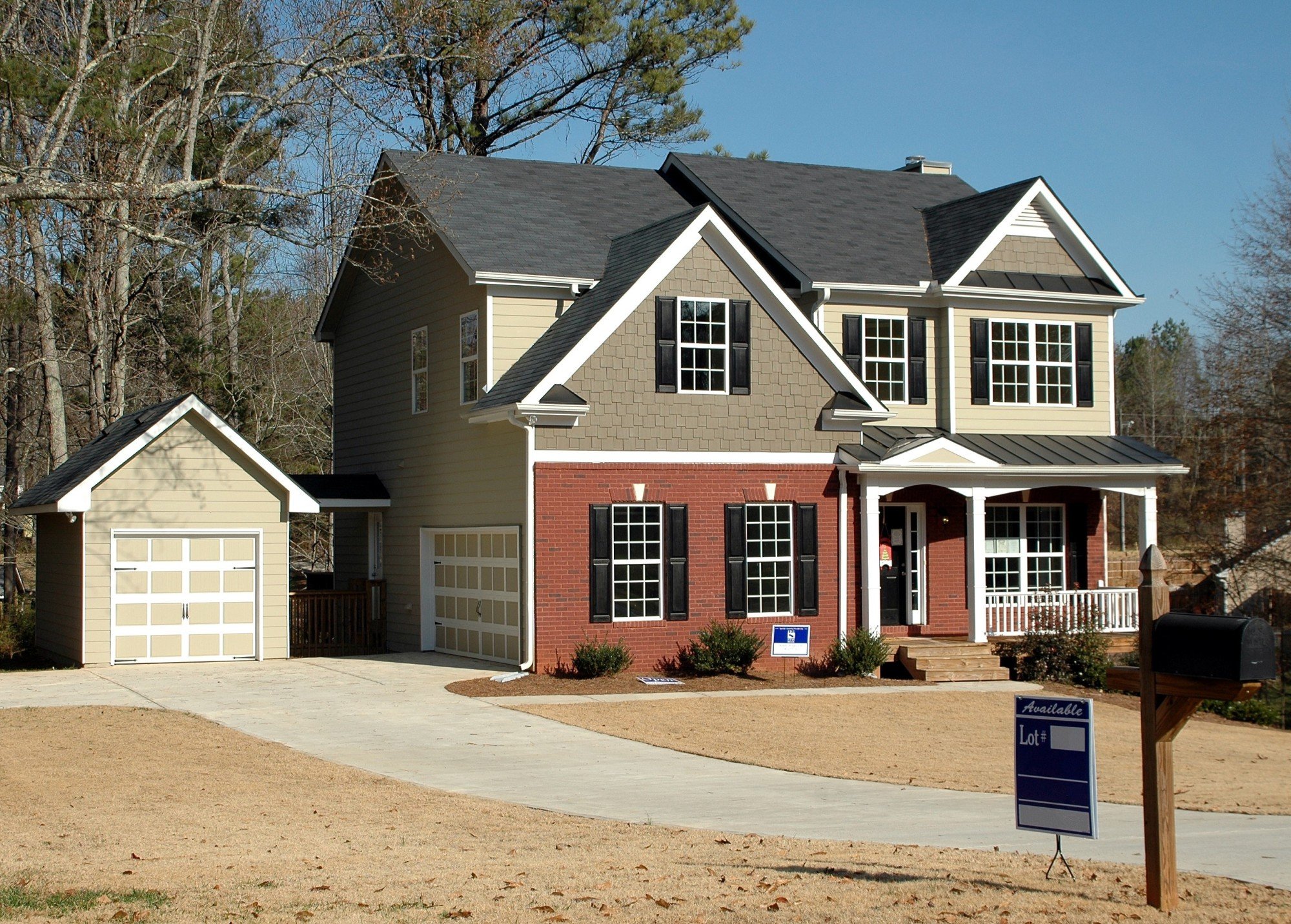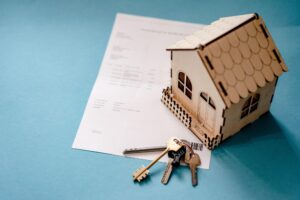Did you know that, according to Redfin, 34% of U.S. homeowners say they’ll never sell their home?
This sentiment underscores the challenges many face when considering how to buy a home before you sell yours. Balancing the sale of your current property with the purchase of a new one can be complex.
Today, we’re taking a closer look into effective real estate strategies to help you manage this transition smoothly, focusing on the Memphis home selling process and the new home purchase process.
Understanding the Challenges of Buying Before Selling
Buying a new home before selling your current one presents a unique set of challenges. Many homeowners prefer this approach to avoid the stress of temporary housing or rushed decisions. Still, managing two properties at once can be financially and logistically demanding.
There are three primary challenges to consider:
- Managing Two Mortgages at Once
- Timing the Sale and Purchase Correctly
- Market Conditions in Memphis
Managing Two Mortgages at Once
One of the biggest obstacles is handling two mortgage payments at the same time. Unless you have enough savings or qualify for a special loan, you may find it difficult to cover both properties.
Lenders consider debt-to-income ratios when approving loans, and carrying two mortgages can affect your ability to secure financing. Some buyers rely on bridge loans or home equity lines of credit to fill the gap, but these come with risks. If your current home takes longer to sell than expected, you could be left paying both mortgages for months.
Timing the Sale and Purchase Correctly
Coordinating both transactions can be complicated. If you find a new home too early, you may feel pressure to accept a lower offer on your existing property just to move forward.
If you wait too long, you might struggle to find a suitable home and could end up without a place to live. The right timing depends on market conditions, your financial situation, and the availability of temporary housing if needed. A well-planned transition reduces the risk of unexpected costs or delays.
Market Conditions in Memphis
Local real estate trends can influence how smoothly this process goes. If demand for homes is high, your current property may sell quickly, making it easier to move forward.
In a slower market, selling could take longer, which increases financial risk. A seller’s market gives you more control over pricing and timing, while a buyer’s market may offer better deals on a new home but require more patience when selling. Understanding local trends helps you make informed decisions about when to list your home and start your search.
Assessing Your Financial Readiness
Buying a home before selling your current one requires a solid financial plan. Without the right preparation, you could end up struggling with unexpected costs or loan issues. Before moving forward, it’s important to evaluate whether you have the financial stability to manage both properties at once.
There are three key areas to review:
- Mortgage Pre-Approval and Loan Options
- Credit Score and Debt-to-Income Ratio
- Savings and Reserve Funds
Mortgage Pre-Approval and Loan Options
Before committing to a new home, getting pre-approved for a mortgage is necessary. Lenders want to see proof that you can afford both homes, at least temporarily.
If you still have a mortgage on your current property, it may affect how much you qualify for. Some buyers explore bridge loans or home equity lines of credit to cover the cost of the new home while waiting for the old one to sell.
These options can be helpful, but they come with interest costs and repayment deadlines. Speaking with a lender about different loan structures can help you decide what works best for your situation.
Credit Score and Debt-to-Income Ratio
Your credit score plays a big role in whether you qualify for favorable loan terms. A high score can lead to better interest rates, while a lower one may limit your options.
Lenders also look at your debt-to-income ratio, which measures how much of your monthly income goes toward paying debts. If your ratio is too high, qualifying for a second mortgage could be difficult. Paying off outstanding debts before applying for a loan can improve your chances of approval.
Savings and Reserve Funds
Even if you plan to sell your home quickly, unexpected delays can happen. Having enough cash reserves to cover both mortgages for at least a few months can prevent financial strain.
Buyers should also set aside funds for moving expenses, closing costs, and any immediate repairs needed in the new home. Without proper savings, you could find yourself in a difficult position if your home doesn’t sell as fast as expected.
Exploring Financing Options for Buying Before Selling
Many homeowners need extra financial support when buying a new home before selling their current one. There are several options to bridge the gap, each with its own benefits and risks. Choosing the right one depends on your financial situation, the amount of equity in your home, and how quickly you expect to sell. The most common options include:
- Bridge Loans for Short-Term Coverage
- Home Equity Loans and HELOCs
- Contingency-Based Offers
- Using Savings or Investment Accounts
Bridge Loans for Short-Term Coverage
A bridge loan is a temporary loan that helps homeowners buy a new home while waiting for their current one to sell. It allows you to cover the down payment or even the entire cost of the new home.
Once your old home sells, the proceeds go toward paying off the bridge loan. These loans are useful for buyers who expect their home to sell quickly, but they come with higher interest rates and strict repayment terms. If the home does not sell within the expected timeframe, homeowners may face financial strain.
Home Equity Loans and HELOCs
Homeowners with built-up equity in their current home may qualify for a home equity loan or a home equity line of credit (HELOC). A home equity loan provides a lump sum that can be used for a down payment, while a HELOC works as a revolving line of credit.
These options typically have lower interest rates than bridge loans, but they require using your home as collateral. If your home takes longer than expected to sell, carrying both debts could become overwhelming.
Contingency-Based Offers
Some buyers negotiate a purchase agreement that depends on selling their current home. A contingency-based offer allows homeowners to back out of the deal if their home does not sell within a certain period.
It reduces financial risk but may make offers less attractive to sellers. In a competitive market, sellers often prefer buyers who do not have contingencies, which could make it harder to secure a new home.
Using Savings or Investment Accounts
For those with enough savings or liquid assets, using personal funds to buy a home before selling may be the best option. It avoids debt and interest payments, making the transition easier.
However, withdrawing large sums from savings or investments can reduce financial flexibility. Homeowners should ensure they have enough reserves to cover unexpected costs, such as repairs or delays in selling their current home.
How to Buy a Home Before You Sell Yours: Step-by-Step Guide
Before starting the home-buying process, it’s important to understand the housing market in your area. A seller’s market means homes sell quickly, making it easier to buy before selling.
A buyer’s market gives you more options but can make selling your home harder. In Memphis, home prices and demand can shift throughout the year. Checking local trends helps you time your sales and purchases correctly.
Securing financing early makes the process smoother. A mortgage pre-approval gives you a clear picture of what you can afford and makes your offer more attractive to sellers.
If you’re buying before selling, lenders may evaluate your ability to carry two mortgages at once. This is where options like bridge loans or home equity lines of credit can help.
Planning for Overlapping Costs
Carrying two mortgages at once can be challenging, even if it’s only for a short time. Homeowners should plan for temporary expenses like storage, moving costs, and utilities for both homes. If selling takes longer than expected, having extra funds available can prevent financial strain.
Preparing Your Current Home for Sale
A well-prepared home attracts buyers faster. Before listing, make necessary repairs, declutter rooms, and improve curb appeal. Staging the home can help it stand out in the Memphis market.
Pricing it correctly from the start is just as important. Overpricing can lead to delays, which may affect your ability to move into your new home on schedule.
Help with the Memphis Home Selling Process
Now you have a better sense of how to buy a home before you sell yours! From financing options to selling strategies, each step plays a role in making the transition smooth.
At We Buy Houses Memphis, we’re proud to offer homeowners a simple way to sell for cash. We’re local, invested in the community, and committed to making the home-selling process hassle-free. With no fees, no repairs, and no waiting, we provide fair cash offers in Memphis and the surrounding area.
Get in touch today to find out how we can help you sell your house!







